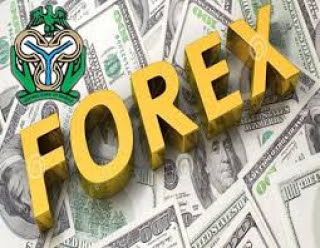Nigeria’s Naira suffered a significant depreciation in its exchange rate against the US dollar in the black market today, trading at an average exchange rate of N755/$1 and representing a 0.80% depreciation when compared to the N749/$1 it exchanged at the close of trading on Thursday.
Some BDC operators attributed the unimpressive performance of the local currency since Wednesday to higher demand for the greenback (the USD) by importers.
Many analysts believe that with the inauguration of a new government in the next few days, businesses will pick up after a prolonged lull after the 2023 elections and that the Naira may further depreciate in the weeks ahead
However, the local currency recorded some marginal gain in its exchange rate against the Euro, appreciating by 0.61% to trade at an average rate of N810/€1 in the day under review, compared to the N815/€1 it traded the previous day.
The Naira, however, recorded loss in its exchange rate against the British Pound Sterling during the day’s trading session, depreciating by a 0.11% to trade at an average of N947/£1 compared to the N946/£1 it exchanged at on Thursday.
According to data from the cryptocurrency Peer-to-Peer (P-2-P) Exchange market, the Naira marginally rebounded during the trading session, trading at a minimum of N764.10/$1 or 0.04% increase from the N764.40/$1 it exchanged at during the previous day’s trading session.
Information on the parallel FX market’s trend this year showed that the Naira opened the year at an average exchange rate of N736/$1, recorded its strongest exchange rate at N775/$1 on 20th February 2023 and its lowest value at N730/$1 on 5th January 2023.
The Central Bank of Nigeria (CBN) has been supporting both the parallel and official window FX markets with FX as part of its efforts to achieve some stability in the local currency’s exchange rate against major foreign currencies.
However, following abuses of the supply in form of FX round tripping and others by BDC dealers, the apex bank suspended FX supply to the parallel market in March 2020 and has not resumed supply to the unofficial market since then.






